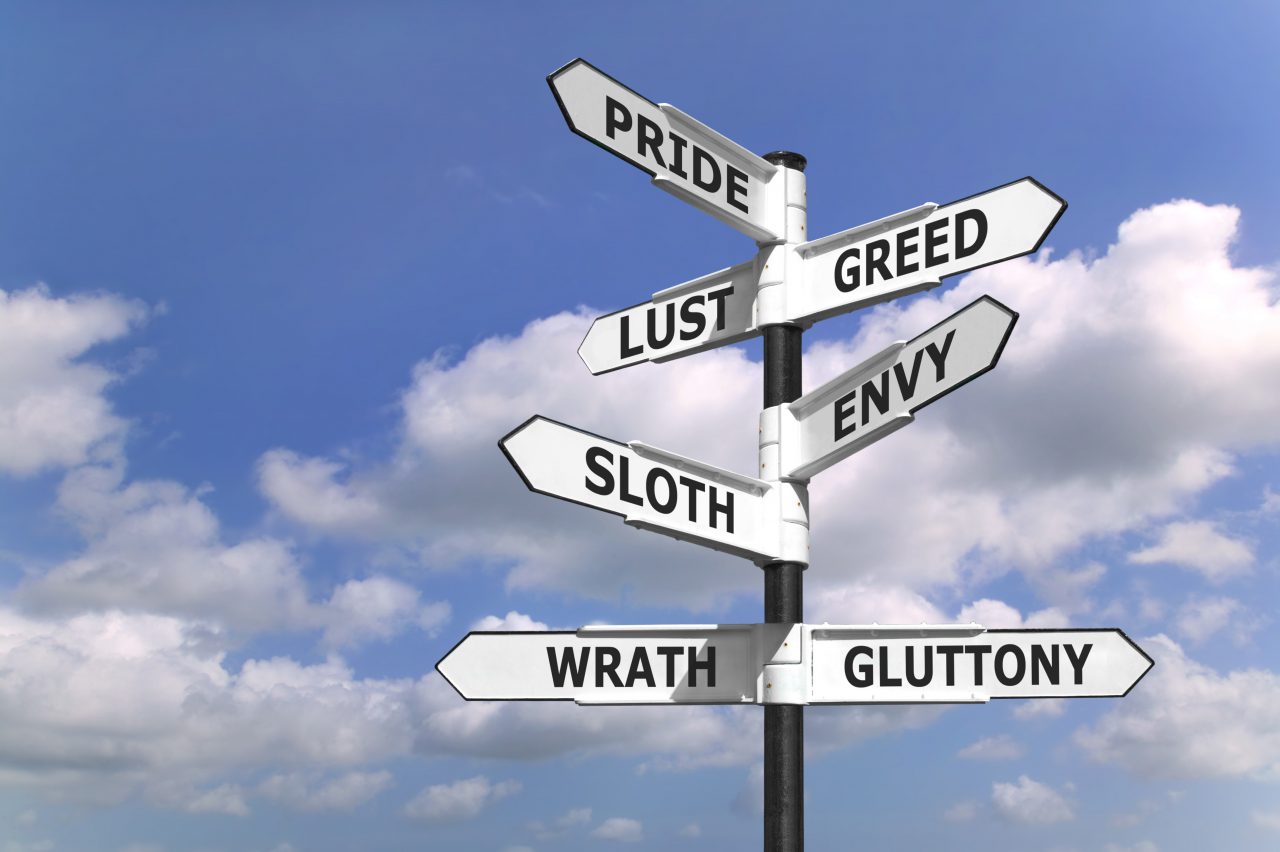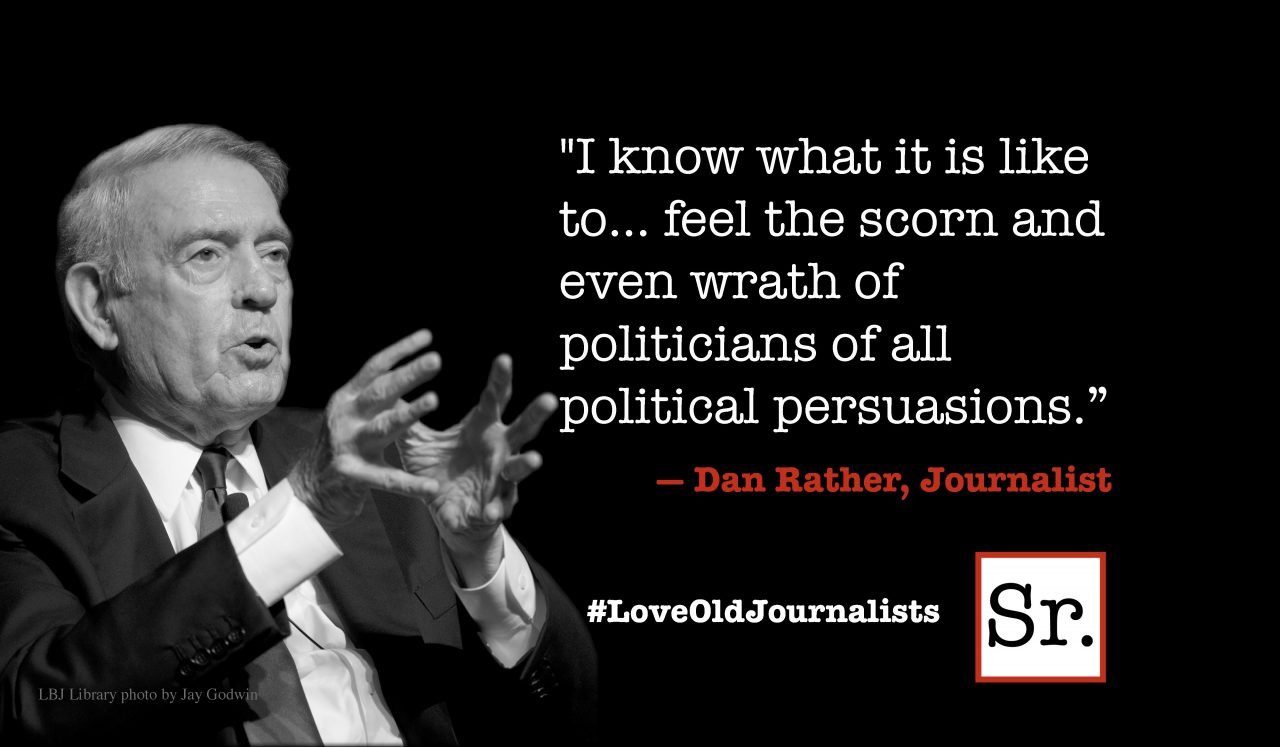Every so often someone will produce lists of what are considered to be the worst habits of bad people, and the best habits of good people. The earliest list of the former I know about is reported in the ancient Jewish book of Proverbs.
There are six things the Lord hates, seven that are detestable to him: haughty eyes, a lying tongue, hands that shed innocent blood, a heart that devises wicked schemes, feet that are quick to rush into evil, a false witness who pours out lies, and a man who stirs up dissension among brothers. (Proverbs 6:16-19.)
A fourth century Christian monk, Evagrius Ponticus, listed the following eight personal no-nos: gluttony, fornication, avarice, pride, sadness, anger, boasting, depression.
Two centuries later Gregory the Great codified the list that since his time has been the best known: lust, gluttony, sadness, avarice, anger, envy and pride. In Catholic doctrine, these are Capital Sins that will land the sinner in hell!
The protection against falling into these evil habits is known in the West as the seven virtues: chastity, temperance, charity, diligence, patience, kindness and humility.
I assume none of us gets up in the morning and before breakfast checks to see whether anything on either the bad or the good list is on our agenda for the day. However, many of us have catalogues of both good and bad rules for living that exist outside our conscious systems of easy recall.
A couple of generations ago Gandhi came up with what he felt poisoned not only the individual, but also society. Here is his list of the deadly sins.
– Wealth without work
– Pleasure without conscience
– Knowledge without character
– Commerce without morality
– Science without humanity
– Religion without sacrifice
– Politics without principles
– Rights without responsibilities
While it takes a bit more reflection to digest what Gandhi’s list implies, it moves us in a wider orbit. If sinfulness is primarily a matter of individual choice, are these evil habits also the symptoms of what makes for an irresponsible community or even a decadent nation? A couple of generations ago the American theologian and social critic, Reinhold Niebuhr, authored a book with the intriguing title, Moral Man and Immoral Society. His point basically; when good individuals organize in social units, their conduct may well be less noble then what they hold to be virtuous person by person.
The United States is at heart a nation of moral, honest people. Yes, there are some rotten apples, but I don’t believe we are really a basket of deplorables. But as a people we have done some terribly wicked things. Slavery, segregation, the slaughter of America’s native peoples on our way from sea to shining sea. Few of us would pull the switch frying or poisoning to death convicted criminals, but as a society we all participate in that murderous act.
I hear from a solid collection of people who voted for President Trump. They tend to be rather pleasant highly moral individuals. They love not only their children, but also their neighbors. They are charitable, and spend their energy and resources taking care of those in their communities who need help. They are motivated by some real definition of love.
Loving and attending to the needs of the less fortunate is a profound virtue. But getting together in a political party, for instance, takes love to a very much broader dimension. It is called “justice,” and justice calls for a common action that is much more than charity, and is very difficult for individuals to pull off. Justice has political implications. Justice becomes real, not just in acts of compassion, but in legislation. We cannot pass laws mandating love, but we can develop societal rules mandating justice.
Each noontime in our retirement community when we gather for our common meal, we pray for the less fortunate. That’s a good thing to do. But if we were really serious about the world’s hungry, we would be insisting that our political representatives generate the legislation that insures a fairer distribution of what makes for life-sustaining nutrition.
Most of us can be very good all by ourselves. It is when we are together—perhaps in political communities, then it becomes much more difficult to give ourselves to the common good. That only happens when charity becomes justice.









